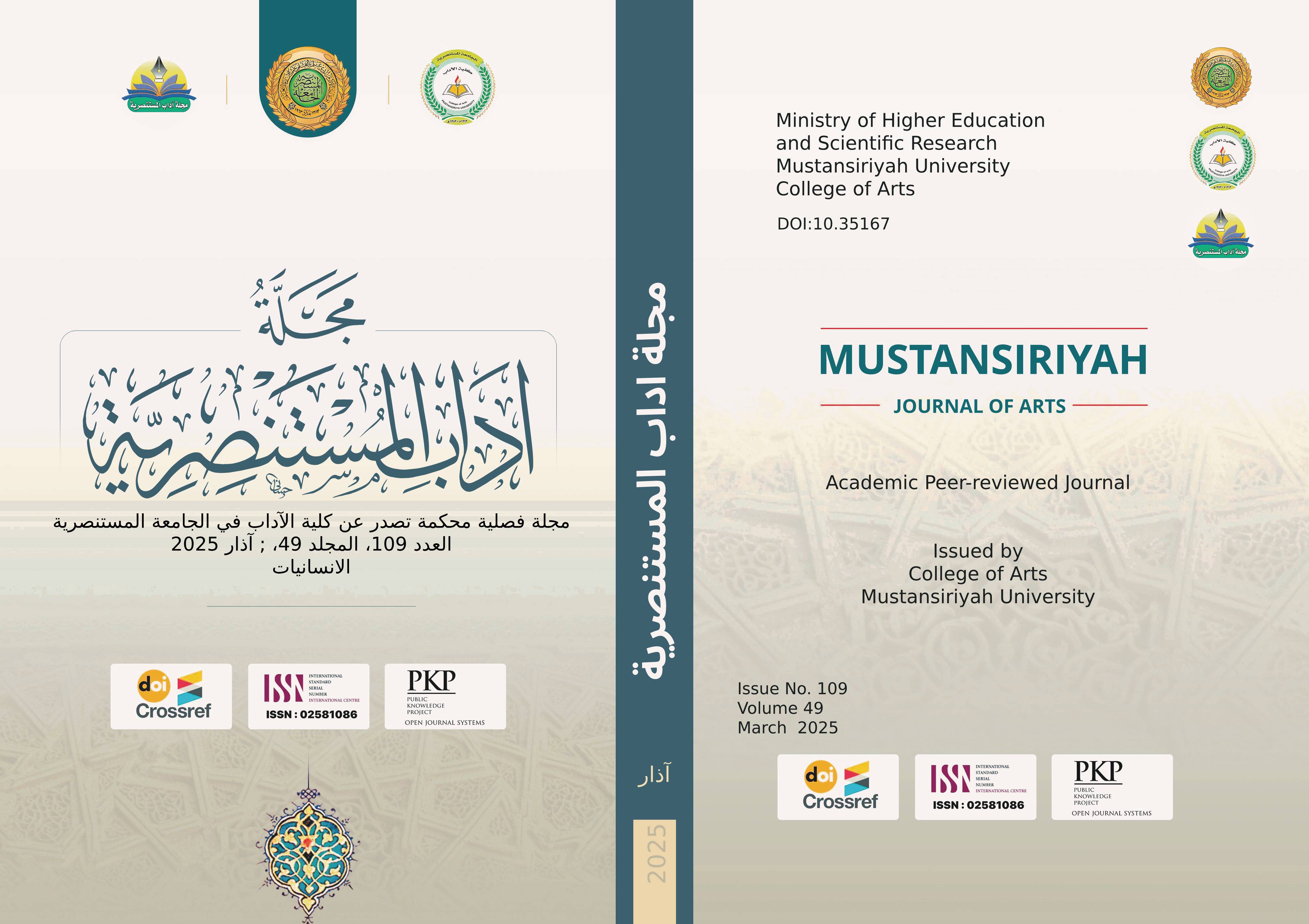Audience interest in political television programs and its relationship to their sense of pessimism
Abstract
The present research aims to identify the level of pessimism felt by the Iraqi public regarding the political television programs they watch. The study was conducted on a sample of 492 respondents from the audiences of Baghdad, Maysan, and Anbar provinces, using a random sampling method. The researcher employed a survey methodology through questionnaires and scales to collect data and information from the respondents. The statistical results of the respondents' data revealed that the sample exhibits higher levels of pessimism compared to the general population. One of the primary reasons the public watches political television programs is to stay informed about local, Arab, and international events. They primarily prefer watching news bulletins, followed by political talk shows. The public also believes that political parties in Iraq blatantly control the interests and resources of the Iraqi people, and there is a lack—or complete absence—of genuine accountability for corrupt individuals in Iraq. Corruption is visibly rampant across most institutions, leading citizens to feel pessimistic and distrustful of governmental policies and reform measures. Additionally, the public sees no hope for real solutions to the country’s deteriorating situation. The rapidly escalating political and security events in the Arab region further contribute to the Iraqi public’s pessimism about the near future and the crises it may hold.
Downloads
Published
Issue
Section
License

This work is licensed under a Creative Commons Attribution-ShareAlike 4.0 International License.


